The views expressed in our content reflect individual perspectives and do not represent the authoritative views of the Baha'i Faith.
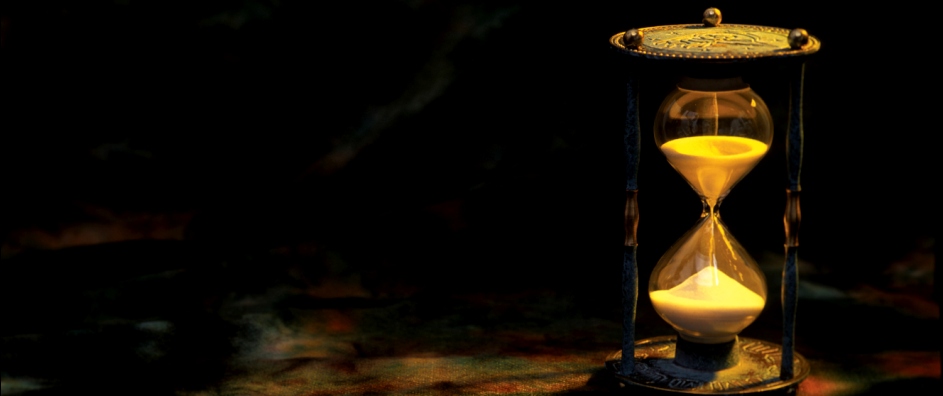 Let’s consider three related questions my atheist friend “Maynard” asked about God. The first two are:
Let’s consider three related questions my atheist friend “Maynard” asked about God. The first two are:
Can God change the past? and Does God know the future?
These questions involve not only our conceptions of God, but our conceptions of time, a dimension we understand perhaps less well than others. We run into time-related issues, in fact, when we try to measure the momentum and location of an object simultaneously. Thanks to scientist Werner Heisenberg, we know that when we try to do this, the very act of measuring affects the thing being measured. In other words, out of the movie that is the object’s momentum, we get a single freeze frame … and can no longer measure the speed of the film.
This has all sorts of ramifications. If we try to observe an arc (metaphorically speaking) we capture only a single point. Heisenberg proved that we can measure either the momentum or location of an entity. We cannot measure both. We cannot see the universe from more than one point of view. God — my son theorized when he was studying physics in high school — may be able to see not just individual points, but arcs and waves as well, including the arc of time.
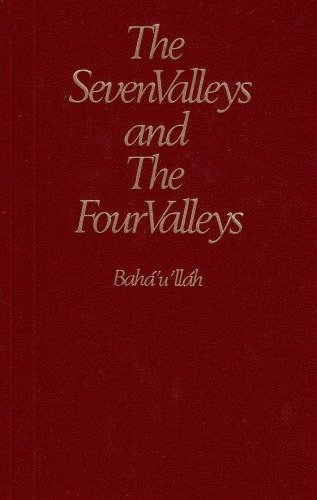 In answer to Maynard’s question, I might suppose that God could change the past, but why would He? Human beings sometimes long to do that, because we’re so often clueless about how to learn from the past. In a wonderful Persian love story Baha’u’llah recounts in The Seven Valleys, the separated lovers Majnun and Layli long for each other. Majnun goes through a series of calamities that ultimately land him in Layli’s garden, where the lovers finally reunite. Majnun realizes that his ill-informed impulse to have the past rewritten so as not to experience calamity would have avoided the very thing that reunited him with his beloved.
In answer to Maynard’s question, I might suppose that God could change the past, but why would He? Human beings sometimes long to do that, because we’re so often clueless about how to learn from the past. In a wonderful Persian love story Baha’u’llah recounts in The Seven Valleys, the separated lovers Majnun and Layli long for each other. Majnun goes through a series of calamities that ultimately land him in Layli’s garden, where the lovers finally reunite. Majnun realizes that his ill-informed impulse to have the past rewritten so as not to experience calamity would have avoided the very thing that reunited him with his beloved.
Rewriting the past means we lose the lessons we have gleaned from it – and we’d never know the difference.
The second half of the question asks if God knows the future. Baha’u’llah’s and Abdu’l-Baha’s statements about the future indicate that certain arcs across time — Divine Goals, you might say – proceed in a pre-determined way. For example: God sets in motion the progressive revelation of religion and the maturation of humanity from savage to civil, from material to spiritual, from irrational to rational, from selfishness to community-consciousness. How that comes about, how long it takes and how much suffering it requires is up to us. We can just sit around wishing or praying for world unity and peace and compassion, or we can learn the skills necessary to bring that about and put them into action.
My writing provides me with an analog for this. In every story I write, I arrive at junctures where my characters and I must make decisions about their courses of action. I know that certain things must happen in the book before the plot completely unfolds, but exactly how my characters will arrive at the end point changes as they navigate turning point after turning point. I have a creator’s eye view of all this, of course, so I can see multiple paths the action could take that would arrive at key points I know must occur. Oddly enough, if I’m doing it “right”, the interactions between my characters will determine their path through the plot, rather than my forcing a particular sequence of events.
When it comes to God and the future, no human being can answer this question with any certainty. How does a being who can only see points answer questions that relate to an arc? It’s as if one of my fictional characters asked another, “Do you think there’s a Writer out there who knows exactly what I’m going to say on page 123?”
In my case, the answer is “no”. I don’t know yet what my hero will say on page 123, but I do know that he will, in his own way, help move the plot forward. Does God work that way? Only God knows. Beyond that, His educators, the Founders of the world’s Faiths, can only tell us what we have the capacity to understand.
Which brings us around to question #6: Does God know absolutely everything that happens every moment, including every thought of every being?
This question deals with God’s omniscience with regard to time. Human beings, with our singular viewpoints and perceptual and intellectual limitations, cannot, by definition, have any experience of omniscience. None. Irks the heck out of us, but there it is.
 I think the science fiction character Buckeroo Banzai put it eloquently when he said, “Remember, no matter where you go, there you are.” We have only our singular viewpoint, that microscopic “you are here” on a map of the cosmos. We can’t know what a super-eminent Being knows or does not know unless He tells us (perhaps even if His Emissary tells us), because we lack the capacity to do more than imagine what omniscience means.
I think the science fiction character Buckeroo Banzai put it eloquently when he said, “Remember, no matter where you go, there you are.” We have only our singular viewpoint, that microscopic “you are here” on a map of the cosmos. We can’t know what a super-eminent Being knows or does not know unless He tells us (perhaps even if His Emissary tells us), because we lack the capacity to do more than imagine what omniscience means.
Read the next article in the series: Does God “Do” Miracles?
Read the previous article in the series: Is God Like Us?


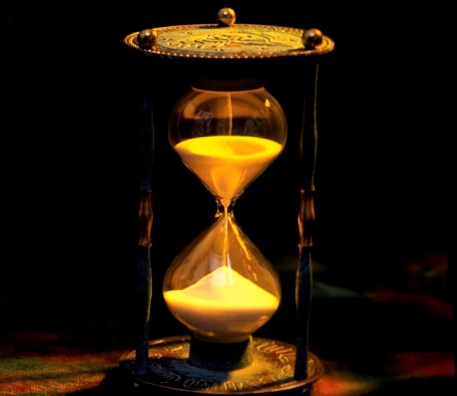


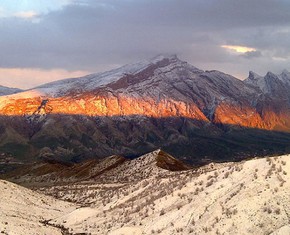
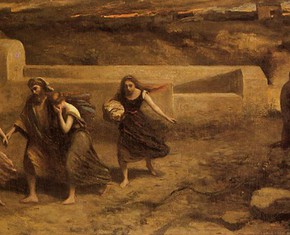









Comments
Sign in or create an account
Continue with Googleor